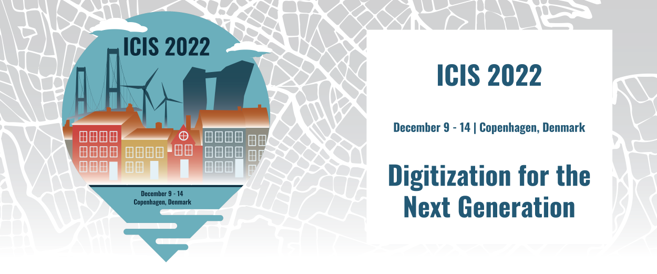Paper Number
1976
Paper Type
Complete
Description
Although considerable research effort has been devoted to understanding the adoption and use of commercially available intelligent assistants, the relationship between user expectations from assistants and users’ endogenous intrinsic motivation to perform an activity has not been explored. Doing so is important to meet user expectations, prevent adoption failures, and design for well-being. In this paper, we investigate whether a person's intrinsic motivation to perform an activity impacts (a) their expectations from an assistant, and, (b) the assistant feature set chosen to meet these expectations. Via a survey based study with N=296 participants, we provide empirical evidence showing that, after controlling for demographic factors, users' prior, endogenous intrinsic motivation influences their intrinsic expectations for competence, stimulation and influence, but not extrinsic and hedonic expectations. Users with low prior motivation prefer an assistant in a supervisor role. Implications for research and practice are discussed.
Recommended Citation
Dhiman, Hitesh; Nemoto, Yutaro; Mühlan, Holger; Fellmann, Michael; and Röcker, Carsten, "Towards designing assistants for well-being: clarifying the relationship between users’ intrinsic motivation and expectations from assistants" (2022). ICIS 2022 Proceedings. 10.
https://aisel.aisnet.org/icis2022/user_behaivor/user_behaivor/10
Towards designing assistants for well-being: clarifying the relationship between users’ intrinsic motivation and expectations from assistants
Although considerable research effort has been devoted to understanding the adoption and use of commercially available intelligent assistants, the relationship between user expectations from assistants and users’ endogenous intrinsic motivation to perform an activity has not been explored. Doing so is important to meet user expectations, prevent adoption failures, and design for well-being. In this paper, we investigate whether a person's intrinsic motivation to perform an activity impacts (a) their expectations from an assistant, and, (b) the assistant feature set chosen to meet these expectations. Via a survey based study with N=296 participants, we provide empirical evidence showing that, after controlling for demographic factors, users' prior, endogenous intrinsic motivation influences their intrinsic expectations for competence, stimulation and influence, but not extrinsic and hedonic expectations. Users with low prior motivation prefer an assistant in a supervisor role. Implications for research and practice are discussed.
When commenting on articles, please be friendly, welcoming, respectful and abide by the AIS eLibrary Discussion Thread Code of Conduct posted here.



Comments
19-UserBehavior